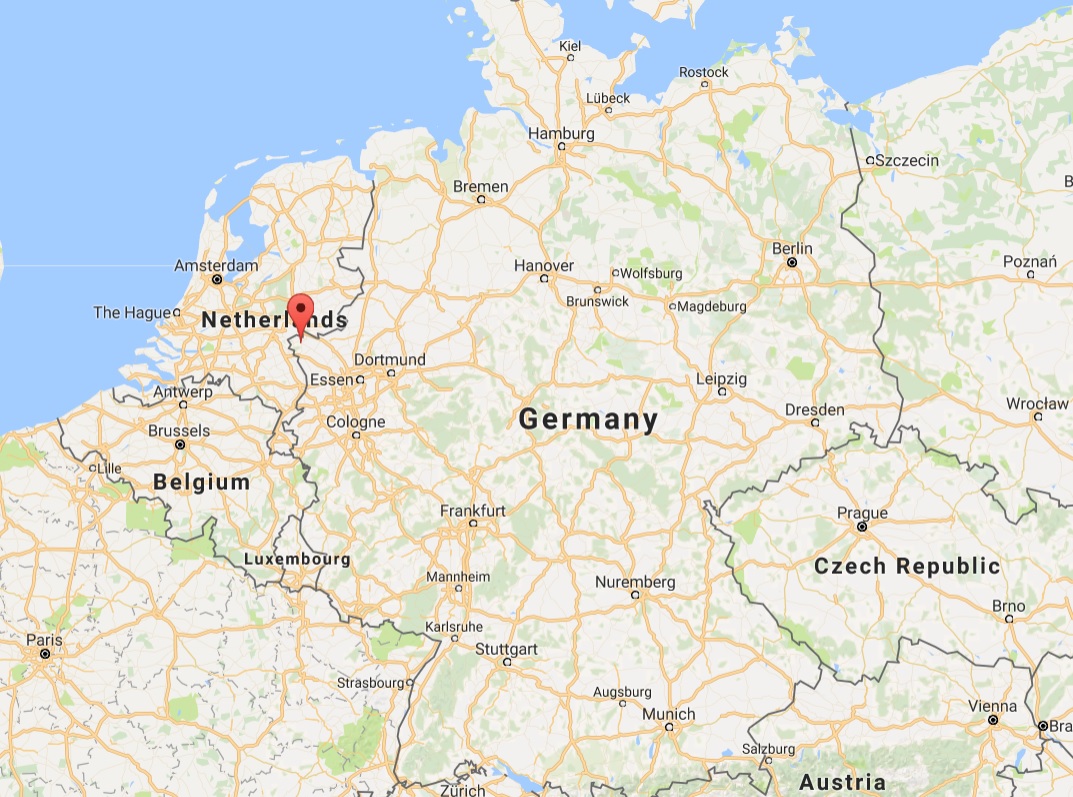
About 16,000 turkeys have been culled after bird flu of the high risk H5N8 strain was found on another German farm, authorities said on Wednesday (28 December).
The case was discovered on a farm in the Kleve area in the North Western German state of North Rhine Westfalia, the Kleve local government authority said.
Around 77,000 turkeys, chickens and ducks were also culled this week after the contagious H5N8 strain was found on four farms in a major poultry-producing region in the north German state of Lower Saxony.
The contagious H5N8 strain has been found in over 500 wild birds in Germany in recent weeks. Outbreaks on farms have been relatively rare after the government introduced tough sanitary rules to prevent infection by wild birds including orders to keep poultry indoors in high-risk regions.
The spread of bird flu across Europe
This is the same strain which has been circulating in mainland Europe and which was found at a poultry farm in Lincolnshire on 16 December.
On 14 December, Dutch authorities ordered a cull of 63,000 broiler hens on after bird flu was identified at a poultry farm in the northern province of Friesland, the country's fourth outbreak so far this winter.
On 3 December, a new case of high risk bird flu was found in southern France prompting a 7000 duck cull.
On 25 November, Swedish authorities decided to cull at least 37,000 poultry after a highly contagious bird flu outbreak was confirmed on a farm in southern Sweden – but the figure may rise.
On 24 November, a case of high risk H5N8 bird flu was confirmed in the German state of Lower Saxony and about 16,000 turkeys have been culled, authorities say.
And on 18 November, following the discovery of cases of highly pathogenic avian influenza H5N8 in several European countries, France decided to raise the level of risk of disease from "negligible" to "moderate"
